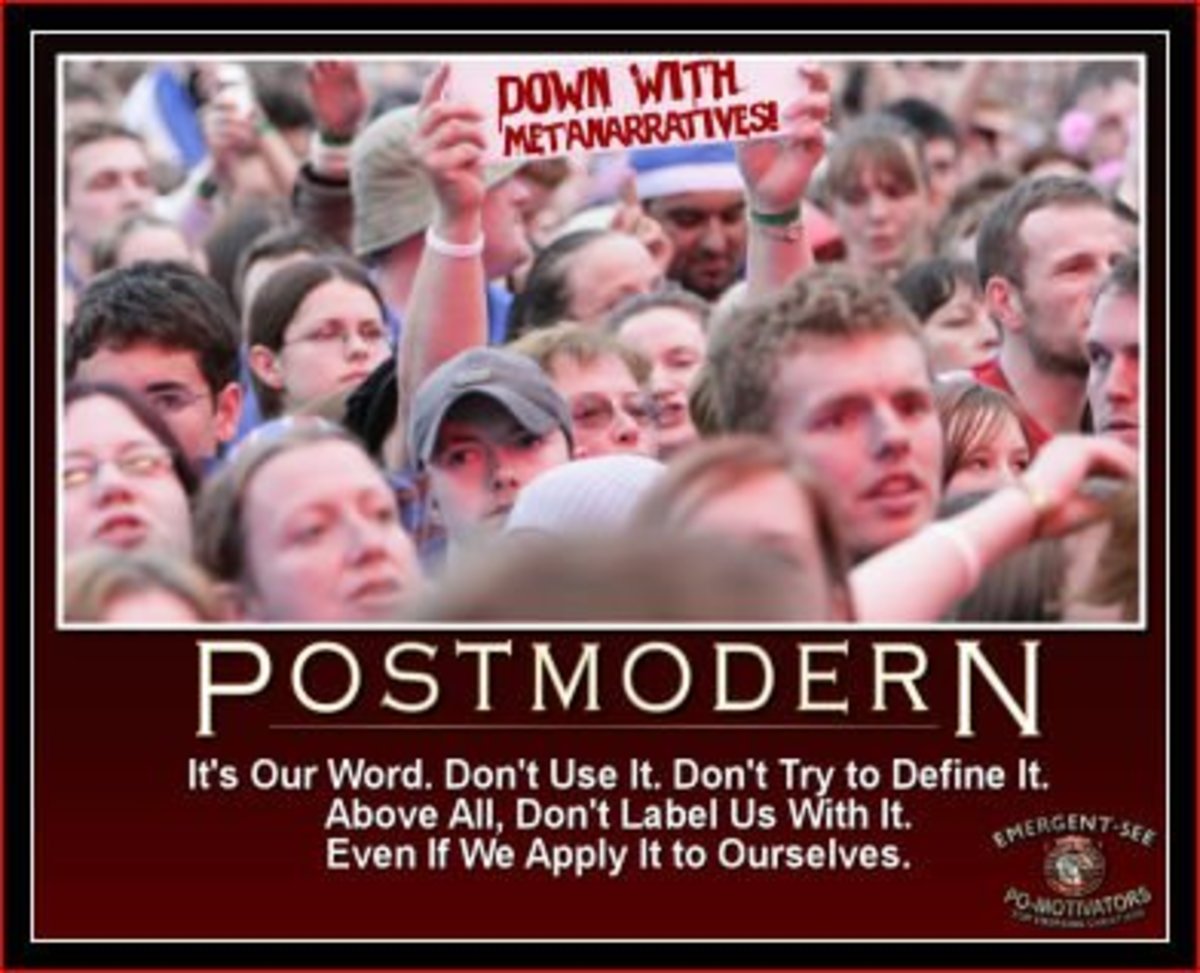The relation of grace, faith, and works in Paul’s writings
The grace acquired from God through faith requires a law that defines the type of sins and conditions under which they can be forgiven. In Ephesians 2:8, Paul informs us that salvation is God’s gift by grace which can be acquired through faith. Paul emphasizes that salvation is not obtained by works and that no one should boast about it but through the grace of God achieved by believing (Ephesians 2:9). Interestingly, many believers who are opposed to adherence to Gods commandments have either deliberately or unintentionally chosen to ignore Paul’s general perspective concerning the role of believers. It is in this light that I have decided to analyze the relation of grace, faith and works in the Paul’s perspective through his writings.
In Ephesians 2: 10, Paul writes that “We are the workmanship of God, who were created in Jesus Christ for the purpose of doing good, which is the mission of God before he even created the world. Therefore, those ruling out the place of works in salvation are essentially ignoring the reasons why we are the workmanship of God and why we were created for the purposes of good works as why we need to “walk” in them. Furthermore, this relationship of salvation, works and obedience is also exposed in Philippians 2:12-13 where Paul makes a correction between works, obedience and salvation. “Therefore, brethrens, following your willful obedience, whether I am there or not, you need to continue working on your salvation in trembling and fear for God causes you to work towards achieving good course and also to obey his will (Philippians 2:12-13).
Although many people argue that Paul contradicted with James on whether or not one could be saved from works alone, the truth of the matter is that their writings on faith, works and salvation in fact complemented each other. They were all inspired to write what God had commanded them (2 Tim. 3:16). While the focus on Paul was on unsaved individual and how that individual can be right before God, the focus on James on the person who was already saved and what she or he need to do in showing that faith alongside demonstrating the reality of that faith. At various points, Paul agrees with James who is presumed to be contracting his views by indicating the necessity of good works Eph. 2:8-10, Titus 3:5-8, Phil. 2:12-13.
Prior to conversion to Christianity, Saul, who was a Pharisee understood faith to be an act of obedience while righteousness was determine by good works. However, upon his conversion, he came to an understanding of the divergence of the two based on his newly acquired faith. Under Judaism, the people of God dwelt under law but under Christianity perspective, God’s people are living under the grace of God John 1: 7, Gal 3: 19:29). Majority of Paul’s letters were in response to various issues raised by various churches and he appears to emphasize on faith being an act of believing. Therefore, when addressing Judaism and Jews in particular, Paul explains that righteousness is received through faith/believing in Christ who is the savior as a gift of grace. The aim of Paul in this articulation was that he wanted to dilute the idea held by many Jews at that time that righteousness or salvation could only be obtained through doing good works, thus making the role of Jesus Christ to be unnecessary.
Paul was also careful on entangling the confusion especially among the Jews and Christians of that era between Jesus Christ, and the role of Mosaic Laws by discussing how faith relates with the law and works. This is why in Rom 7:7, he acknowledges the law to be the foundation of understanding what sin is and that in essence, law is good, righteous, and holy (Rom: 7:12-14). Moreover, Paul appears to capture the spirit of law, loving God and your neighbors (Rom 13:8-10) which are all works required of believers. As stipulated by Jesus Christ while he was on earth, the key commandments are two: Loving God with all your heart and loving your neighbor as you love yourselves. These are the greatest commandments according to Jesus Christ. In Rom 13:8-10 and several other verses of Bible, we see these as again being emphasized by Apostle Paul.
In conclusion, it is clear that the assumption that Paul ruled out works as the basis of salvation is wrong. There is no sense that Paul could have openly contradicted with James on the same matter and yet these opinions be incorporated in the same Bible. Christians and readers in general need to understand that in specific verses where Paul was emphasizing on faith as the basis of salvation, he was typically addressing Judaism and Jews who were thinking that it’s through obedience to Mosaic laws that they could receive salvation. To them, Jesus was not necessary on this path. In respect to this, Paul was emphasizing that it is only Jesus’ grace that will grant one salvation after believing. For Paul, it is faith first and works will come naturally. This is affirmed by several other verses some of which we have seen above that discusses the role of works for believers.








